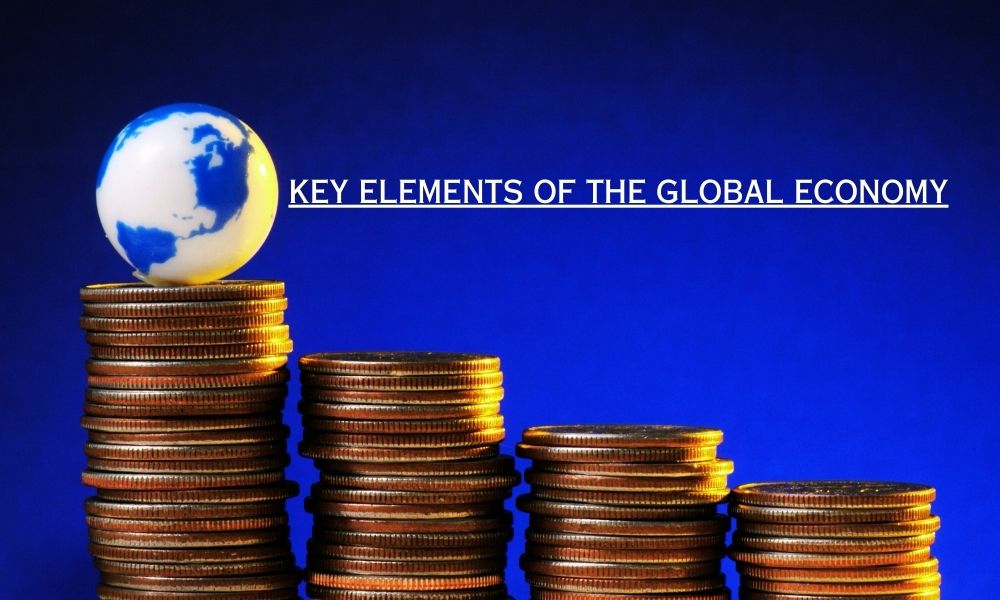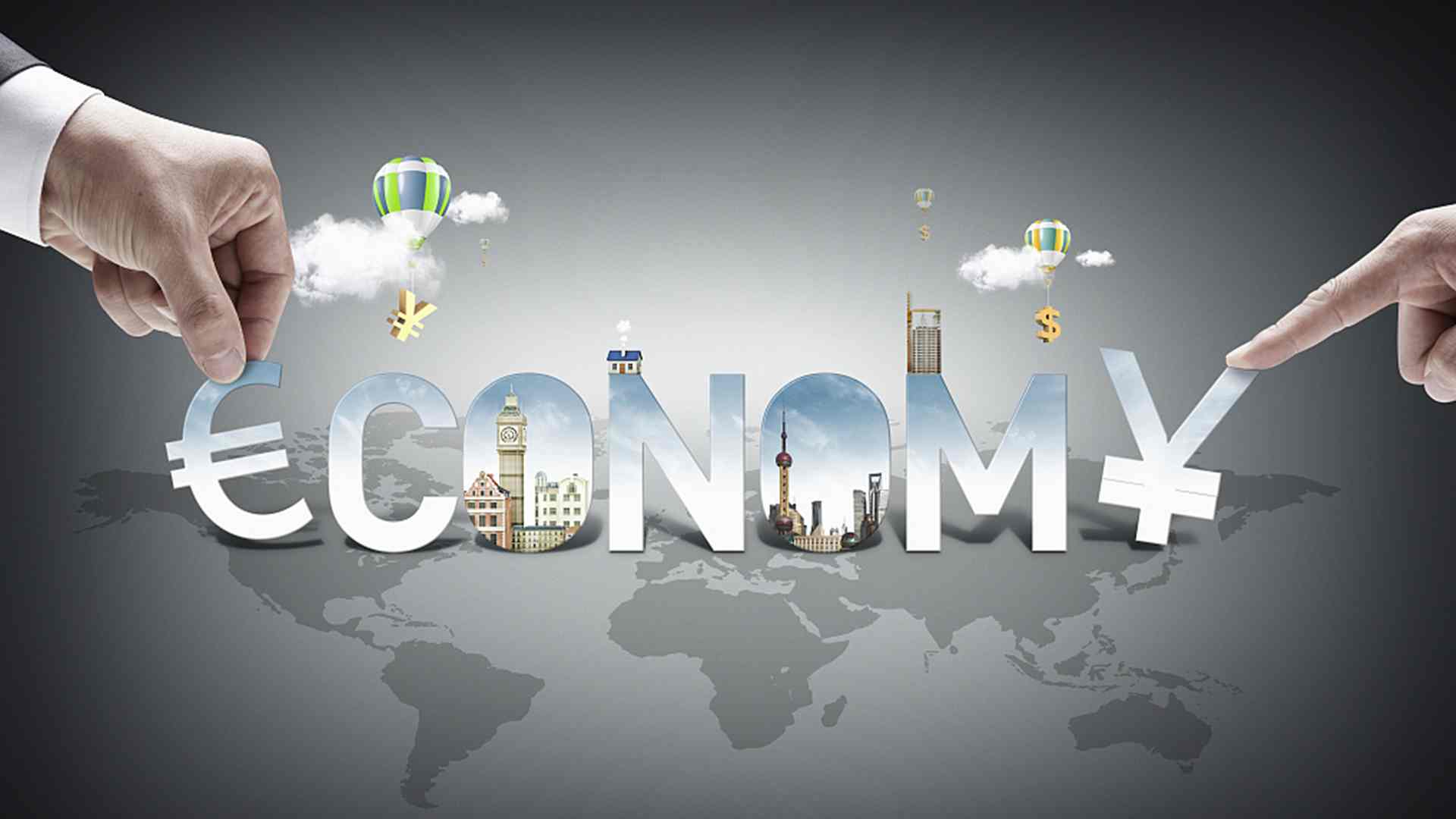
The global economy is a vast and interconnected network that influences the lives of people worldwide. It encompasses the production, distribution, and consumption of goods and services across countries and continents. If you're new to the concept of the global economy, this beginner's guide will help you grasp its basic principles and significance.
In this blog, we'll explore the main driving forces behind the global economy and their significance.
The term global economy refers to the combined economic activities of all countries in the world. It is a complex system where nations trade with one another, invest in foreign markets, and exchange currencies. Economic events in one part of the world can have far-reaching impacts on others, making it a truly interdependent system.

Each piece of the global economy adds to global prosperity, like a massive puzzle. To understand how nations trade and develop in today's interconnected world, you must understand these fundamental components.
1. International Trade
The world economy revolves around international trade. It means when people from different countries trade things and services across borders. This economic activity allows nations to access resources, products, and services that they might not have in abundance domestically.
By specializing in the production of certain goods, countries can benefit from their comparative advantage and trade the surplus with others. International trade fosters economic growth, creates jobs, and enhances consumer choice.
2. Foreign Direct Investment (FDI)
Foreign Direct Investment is another critical component of the global economy. FDI occurs when individuals, businesses, or governments invest in foreign companies or establish new ventures abroad. It allows for the transfer of capital, technology, and expertise between countries.
FDI can promote economic development in recipient countries, create employment opportunities, and improve infrastructure and productivity.
3. Exchange Rates
Exchange rates play a pivotal role in international trade and investment. They represent the value of one currency concerning another and determine the cost of goods and services in cross-border transactions. Economic indicators, interest rates, political stability, and market sentiment are all factors that can affect exchange rates.
Changes in exchange rates can impact a country's competitiveness in international markets and the profitability of foreign investments.
4. Globalization
Globalization is the process of increasing integration and interconnectedness among countries in various aspects, including economic, cultural, and technological. It has accelerated the flow of goods, services, capital, and information worldwide.
Globalization has facilitated the expansion of businesses across borders, enabling them to access new markets and collaborate with partners from different nations.
Understanding these key components of the global economy can help you better understand the complex web of connections and interactions that drives global economic growth. These components will continue to shape the path of global prosperity and growth as our world becomes more and more interconnected.